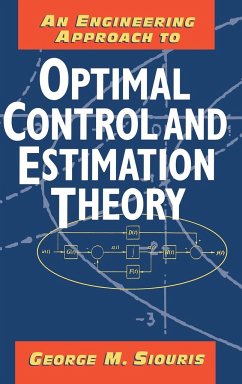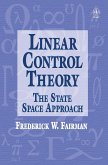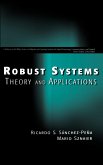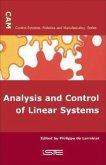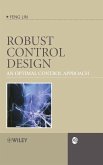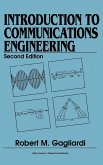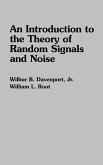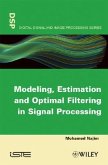A much-awaited guide to real-world problems in modern control and estimation This combined text and reference deals with the design of modern control systems. It is the first book in this rapidly growing field to approach optimal control and optimal estimation from a strictly pragmatic standpoint. Sidestepping the realm of theoretical mathematics, An Engineering Approach to Optimal Control and Estimation Theory offers realistic and workable solutions that can be put to immediate use by electrical and mechanical engineers in aerospace and in many other applications. The author draws on his extensive experience in research and development from industry, government, and academia to present systematic, accessible coverage of all important topics, including: * All basic mathematics needed to apply subsequent information * A historical perspective on the evolution of modern control and estimation theory * All major concepts relevant to the design of modern control systems--from the Kalman filter, to linear regulators, to decentralized Kalman filters * Practical examples useful in applying the principles under discussion * Problems at the end of each chapter * Carefully selected references from the vast number of books published on this subject * Appendixes reviewing matrix algebra that is central to modern control theory, as well as matrix subroutines, useful to both students and practicing engineers Optimal Control and Estimation Theory Optimal control and optimal estimation have seen tremendous growth over the past three decades, owing to major advances in aerospace and other types of engineering. Optimal control and estimation theory is crucial to the design of modern control systems; for instance, navigation, mobile robotics, or automated vehicles and aircraft. It ensures that variables such as temperatures or pressure are kept in check, regardless of the disturbance the system undergoes. Despite the proliferation of books on the subject, most of the material published in this area is highly theoretical, and approaches the subject in a "theorem-proof" fashion, which is more appropriate to mathematics than to an engineering text. As its title suggests, An Engineering Approach to Optimal Control and Estimation Theory provides a practical and accessible guide, focusing on applications and implementation, and answering real-world questions faced by control engineers. In its highly organized overview of all areas, the book examines the design of modern optimal controllers requiring the selection of a performance criterion, demonstrates optimization of linear systems with bounded controls and limited control effort, and considers nonlinearities and their effect on various types of signals. Covering all the basics, the book deals with the evolution of optimal control and estimation theory, and presents the necessary mathematical background needed for this study. It also lists references and problems, and supplies appendixes for those wishing to delve into matrix algebra. Throughout, it offers opportunities for experimentation, while discussing analysis, various filtering methods, and many other pertinent topics. An Engineering Approach to Optimal Control and Estimation Theory is an invaluable, self-contained reference for practicing engineers, a useful text for graduate students and qualified senior undergraduates, and an important resource for anyone interested in the future of modern control technology.
Hinweis: Dieser Artikel kann nur an eine deutsche Lieferadresse ausgeliefert werden.
Hinweis: Dieser Artikel kann nur an eine deutsche Lieferadresse ausgeliefert werden.

